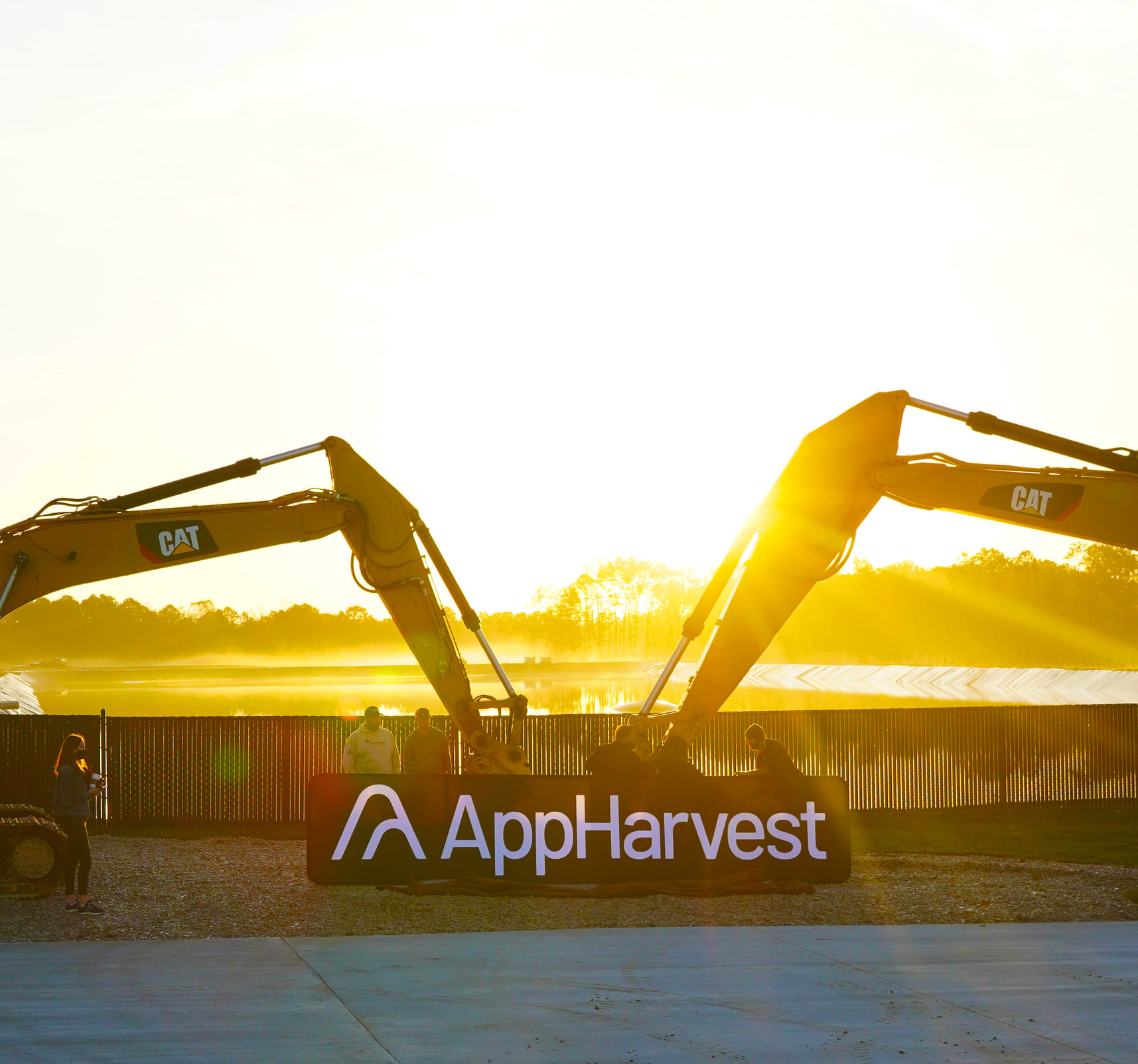
In Kentucky, construction crews have been busy changing the world for the better. AppHarvest, a company that combines conventional agricultural techniques with cutting-edge technology, announced that it has started construction on a second high-tech agriculture facility in the region—a Madison County addition to the company’s already massive presence in nearby Morehead. In October, AppHarvest opened its recently completed 2.76-million-square-foot flagship farm, putting Morehead on the map as home to one of the largest indoor farms in America and one of the world’s largest greenhouses.
AppHarvest’s smart construction and design plans will work to rewrite the food industry and rejuvenate the state’s economy, which heavily relied on the coal industry. In just two years, AppHarvest has attracted more than $150 million in investment into Central Appalachia, specifically to the Morehead and Madison County communities, putting thousands of construction crews to work.
Modeled after the success of greenhouses in the Netherlands, AppHarvest’s focus on sustainable crop production includes using recycled rainwater, controlling pests and diseases with nonchemical and biological methods, and using a combination of natural sunlight and LED lighting. The facility’s location on Kentucky Route 801 near Interstate 64 places it within a day’s drive of about 70% of American consumers, versus the much longer shipping times for produce imported from other countries.
AppHarvest Construction By the Numbers
According to the AppHarvest website, the company is bringing significant construction to the region. Here’s a look at the impact:
- $125 Million in funding in 18 months
- 6,700 columns installed
- 3,637 tons of glass to craft the facility’s roof
- 60-acre greenhouse (45 American football fields)
- 600 shipping containers of construction material
- 10-acre rainwater retention pond (67 Olympic sized swimming pools!)
AppHarvest’s 2.76 million-square-foot facility encloses greenhouses that will distribute water more efficiently, reducing usage by nearly 90%. All of its 360,000 gallons of daily irrigation water is supplied by rain, collected from the roof of the greenhouse, and drains into a 10-acre pond, which has the ability to store a three-month supply of water. Growing indoors eliminates the challenges brought on by climate change and natural weather patterns, ultimately creating a resilient food source. AppHarvest partnered with Philips, a Dutch electronics company that will supply LED lighting, which is 40% more efficient than typical lighting and provides ideal conditions for maximum plant growth.
The indoor facility will grow non-GMO, chemical pesticide-free fruits and vegetables to be distributed to U.S. grocers and restaurants. Because of the company’s strategic location in Appalachia, AppHarvest can reach nearly 70% of Americans in just a day’s drive, reducing transportation costs by up to 80% compared to existing growers in Mexico and the Southwestern U.S.
The future of agriculture in the United States relies heavily on an industry that is already struggling to meet its demand. The Food and Agriculture Organization of the United Nations (FAO) has predicted a global food shortage in the near future. In fact, by 2050 the global community will need 70% more food. The current Coronavirus pandemic has only made matters worse. Feeding America, a hunger relief organization, reported a looming deficit of up to 10 billion pounds of food between now and June 2021. With decreasing farmable land, drastic changes in climate and primary producing farmers reaching retirement age, the future of food will depend heavily on innovation and technology.
AppHarvest’s vision for the future and commitment to sustainable practices has made its ventures attractive and has easily gained support from the state, investors, and construction and manufacturing industries. As we continue to witness the gap widening between demand for food and its supply, there is hope that others will fall in line with AppHarvest’s vision to create a world where farming is innovative and food is accessible.
